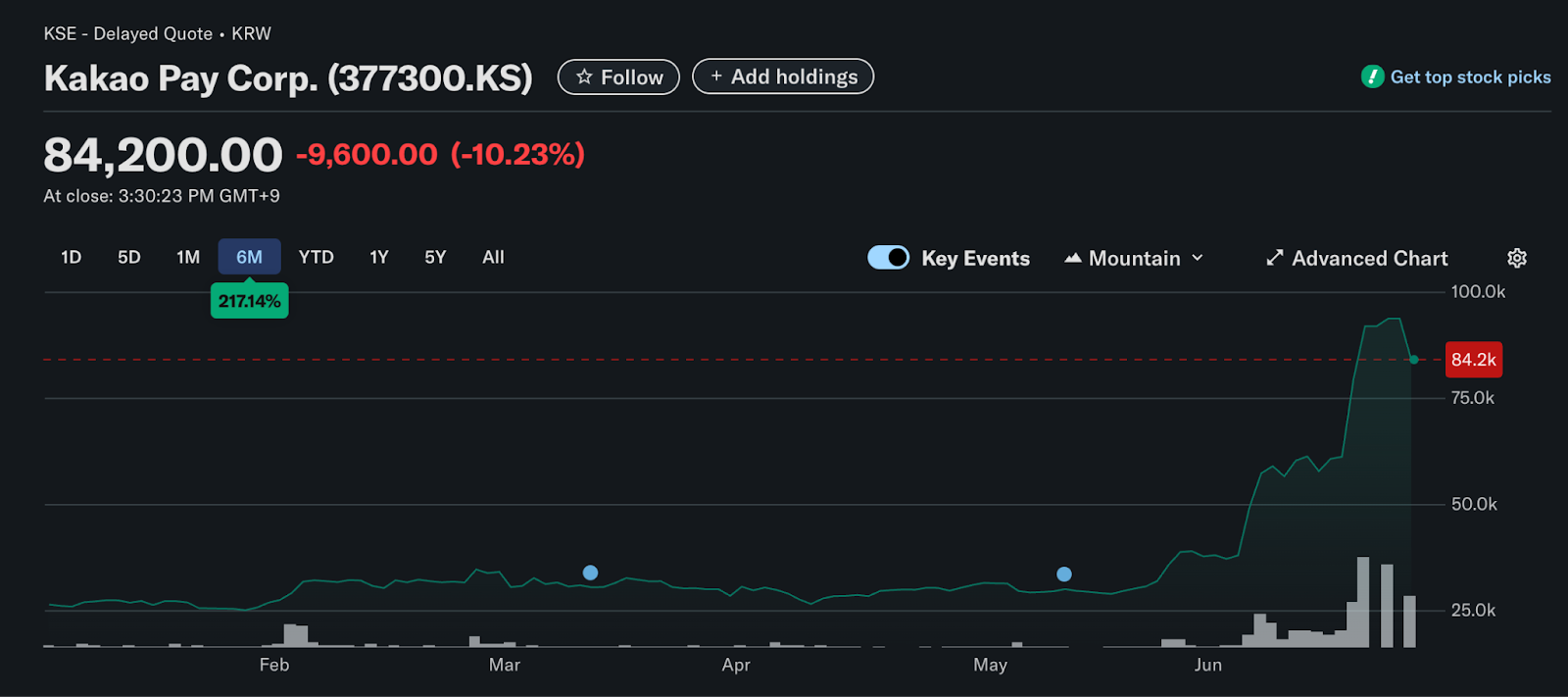President Joe Biden discusses debt limit negotiations; he has said he might consider using the … [+]
AFP via Getty Images
As the debt limit drama plays out, Americans might be wondering if there is a better way to prevent defaulting on U.S. debts and perhaps inducing a global recession or depression. President Joe Biden, along with many commentators, has speculated that a president can bypass Congress by using the 14th Amendment to the Constitution. But we have no precedent for how that would play out either in the courts or in financial markets.
Remember how Congress and the White House got here. The United States is the only economically advanced country with a formal debt ceiling besides Denmark, rooted in early 20th century laws on federal borrowing. Everyone else just assumes that when the government legally authorizes spending, it also authorizes the revenues (taxes or borrowing) to pay for it. (When Denmark got close to its debt ceiling, they effectively quadrupled it, so the U.S. is the only nation with these periodic fights.)
Remember, raising the debt ceiling doesn’t by itself authorize any new spending; it just covers spending already legally authorized by Congress. But Republicans are using the separate debt ceiling vote to pursue spending cuts they couldn’t achieve through the regular constitutional budget process.
Okay, but how could the 14th Amendment get us out of this recurring mess? Isn’t that the amendment that officially ended slavery? What does that have to do with paying debts and borrowing money?
Historian Eric Foner calls the 14th Amendment, ratified in 1868, “the most significant adoption to the Constitution since the adoption of the Bill of Rights,” with its “magnificent” first section establishing birthright citizenship for all people (but in reality, for liberated Black slaves and their descendants) and guaranteeing equal protection of the laws to all. That provision was aimed at guaranteeing rights for newly freed Black slaves, and there have been battles over it ever since, through Jim Crow segregation and Ku Klux Klan anti-Black terrorism, the Civil Rights movement, and today over voting and economic rights.
The debt limit arises in relation to Section 4 of the 14th Amendment, which says “the validity of the public debt of the United States…shall not be questioned.” Foner notes this provision was caught up with assuring federal war debts would be honored and pensions guaranteed for Union veterans and their dependents. The section also barred any future Congress from paying for Confederate war debts or to the owners of emancipated slaves.
So, was the 14th Amendment’s debt provision limited to Civil War debt? Constitutional scholar Mark Graber says no (as do many other scholars, including Harvard’s Laurence Tribe.) Graber recounts a “bipartisan” consensus in Congress for a broad reading of the debt provisions, even among opponents of expanded civil rights for Black people.
Graber notes Congress explicitly rejected limiting the provision to Civil War debts. He quotes then-Senator Benjamin Wade (R-OH) who said everyone would feel more secure when the national debt was “placed under the guardianship of the Constitution” and not be “subject to the varying majorities which may arise in Congress.”
But whether the 14th Amendment covers the debt limit in this way has never been tested in court. President Biden rejected invoking it during the current crisis. But Biden did say he might in the future “take it to the courts to see whether or not the 14th Amendment is, in fact, something that would be able to stop” debt limit crises.
Lots of legal theorists say it would apply, but some conservative Constitutional scholars disagree. Michael McConnell, a former judge on the U.S. Court of Appeals for the 10th Circuit, calls the pro-14th Amendment arguments “far-fetched.” He argues the debt limit debate is “the ordinary stuff of politics” and that Congress and the White House should just work it out, as they have been doing.
What about a potential default? McConnell anchors his analysis in the Constitution’s provisions giving Congress the power to “lay and collect taxes,” and “to borrow money on the credit of the United States,” and he says default could be constitutionally permissible. He argues that failure to pay debts “does not question the validity of those debts…the borrowers are just in default.”
McConnell does recognize, in a brief aside, that a default by the United States “would be financially catastrophic.” But he doesn’t see a constitutional argument for a president to bypass the debt limit, even to avoid a financial and economic meltdown.
Legal theory aside, the real question is how a conservative activist Supreme Court might rule. Legal analyst Ian Millhiser thinks the Court might accept use of the 14th Amendment over being “reluctant to light the nation’s economy on fire.”
Millhiser points to the 1935 case, Perry v. United States, on whether debts had to be repaid in gold, and where the Court seemed to favor an expansive reading of the 14th Amendment. But because of the severe economic and financial disruption that would occur in a choice between a default or a presidential override of Congress, Millhiser says “we should all hope” we never have to find out “what happens if the debt ceiling is breached.”
Even if the president overrode the debt ceiling, the turmoil created in financial markets while a case made its way through the courts—even in expedited fashion—could still do serious short and long-term harm to credit markets, future borrowing costs, and the national and world economies.
That potential turmoil is surely why Biden negotiated a deal. And avoiding future turmoil might be a practical reason why the president might not challenge the debt limit in court. That’s true even though the debt ceiling is proving to be an archaic and unnecessary provision, creating more budgetary, political, and economic turmoil than any modern economy should allow.
Credit: Source link











